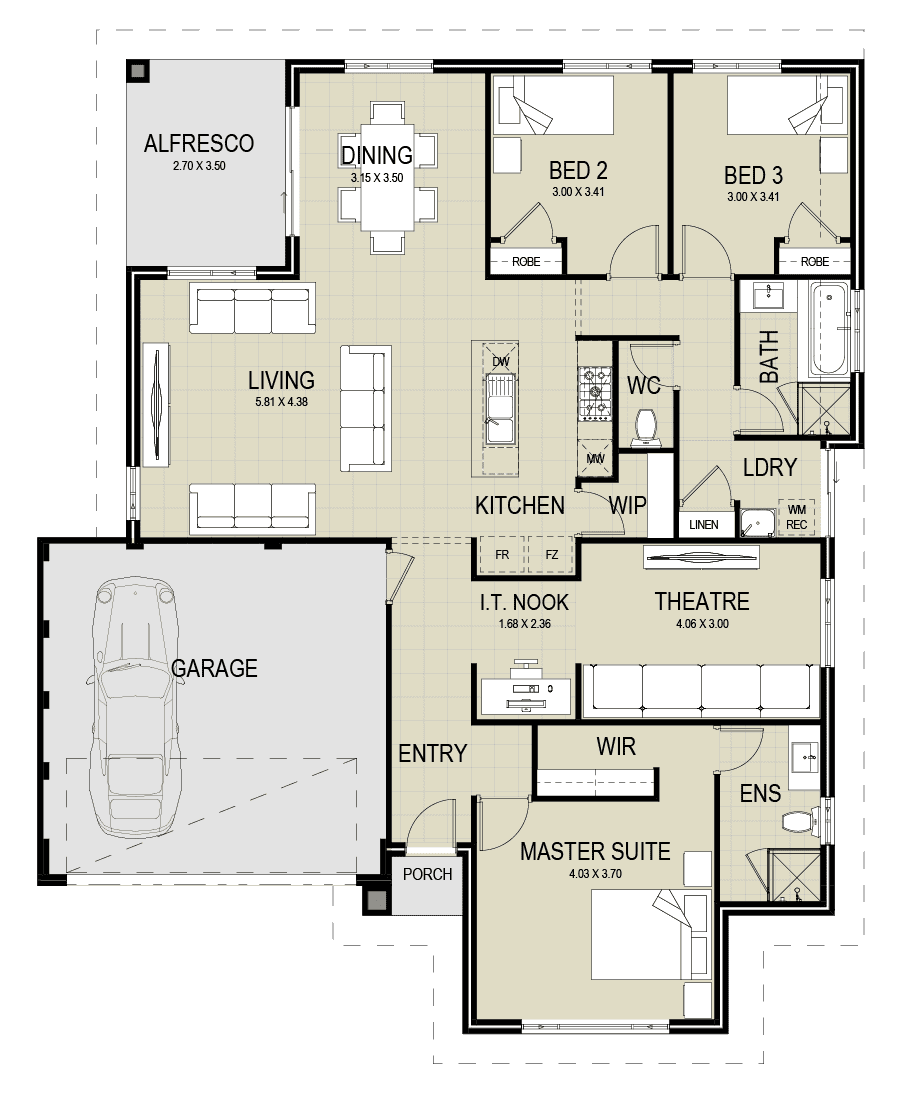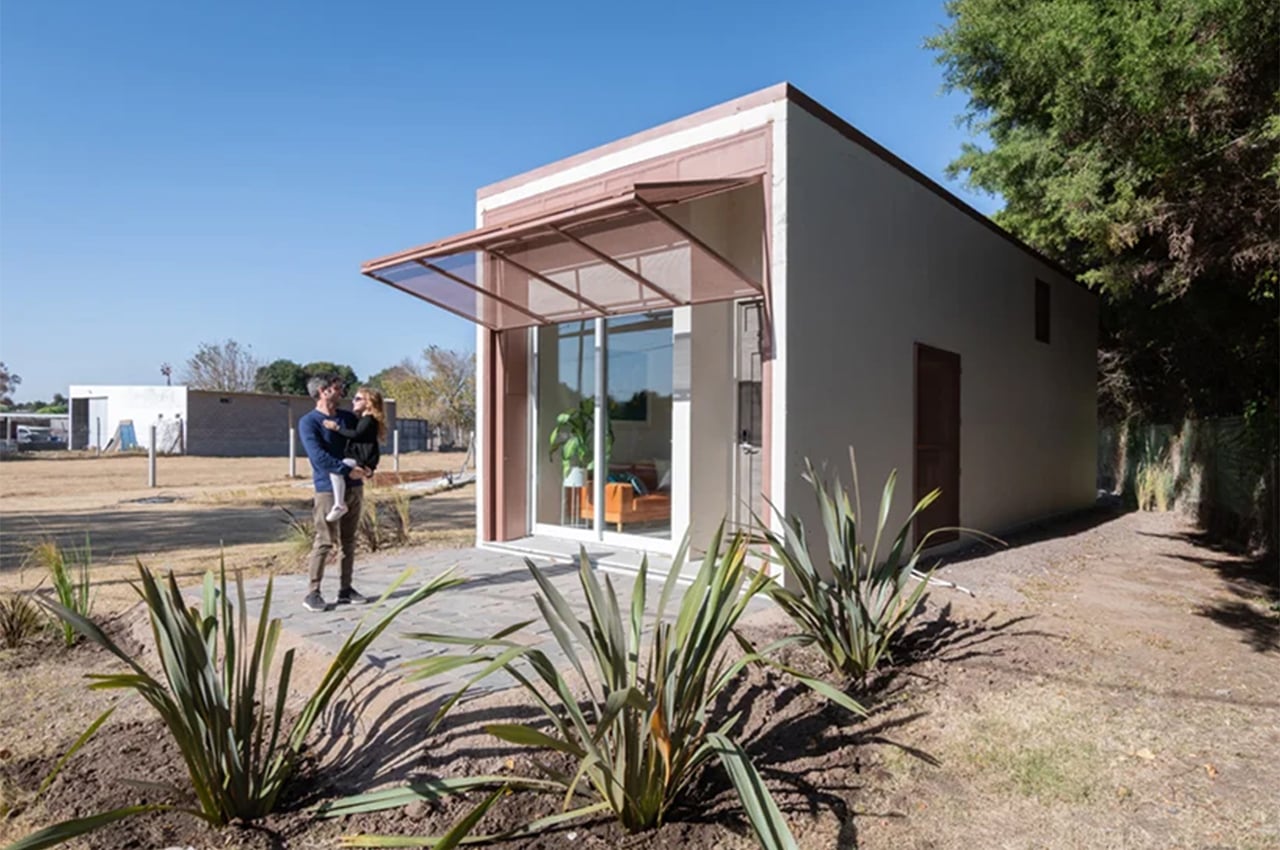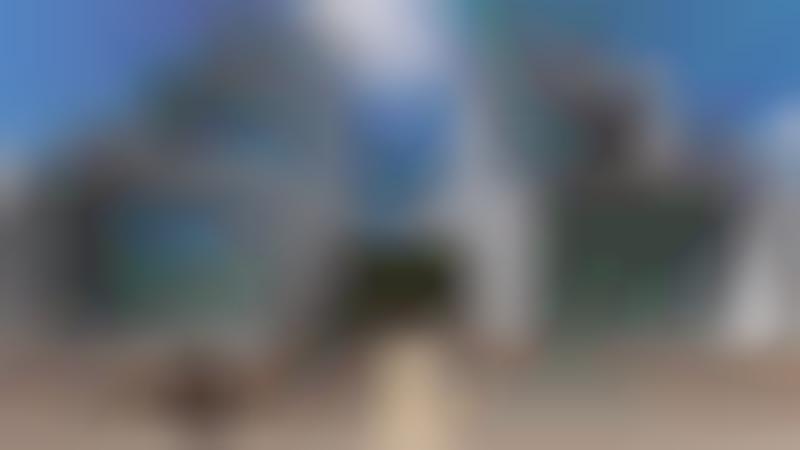Affordable Housing Solutions: Exploring House Designs Under $300,000
Related Articles: Affordable Housing Solutions: Exploring House Designs Under $300,000
Introduction
With enthusiasm, let’s navigate through the intriguing topic related to Affordable Housing Solutions: Exploring House Designs Under $300,000. Let’s weave interesting information and offer fresh perspectives to the readers.
Table of Content
Affordable Housing Solutions: Exploring House Designs Under $300,000

The pursuit of homeownership is a fundamental aspiration for many, yet the rising cost of housing presents a significant hurdle. This challenge has spurred a growing interest in exploring affordable housing solutions, particularly in the realm of house designs under $300,000. This price point represents a viable entry point for many aspiring homeowners, offering a balance between affordability and functionality.
This article delves into the intricacies of house designs under $300,000, examining the key factors influencing their cost, exploring various design approaches, and providing insights into the benefits and considerations associated with such projects.
Understanding the Cost Dynamics
The $300,000 price point for a house is a broad spectrum, encompassing a range of design options and geographic locations. Several factors play a crucial role in determining the final cost, including:
- Location: Land prices vary significantly depending on geographic location, urban density, and proximity to amenities. Rural areas generally offer more affordable land compared to urban centers.
- Building Materials: The choice of building materials has a direct impact on cost. Traditional materials like brick and wood are often more expensive than newer, sustainable alternatives like concrete blocks or recycled materials.
- Square Footage: The size of the house directly influences the cost. Smaller footprints generally translate to lower construction costs.
- Design Complexity: Complex architectural designs, intricate detailing, and extensive customization can significantly increase the construction budget.
- Labor Costs: The cost of labor varies depending on the region and the availability of skilled workers.
- Permit Fees and Taxes: Local government regulations and taxes can add to the overall cost.
Design Strategies for Affordability
To achieve a house design under $300,000, architects and builders employ various strategies:
- Compact and Efficient Layouts: Maximizing space utilization through open-plan living areas, multi-functional rooms, and built-in storage solutions can reduce the overall square footage and construction cost.
- Simple Architectural Styles: Avoiding elaborate detailing, complex rooflines, and intricate facades can streamline construction and reduce material costs.
- Prefabricated Components: Utilizing prefabricated components, such as walls, roofs, or windows, can accelerate construction time and reduce labor costs.
- Sustainable Building Practices: Incorporating energy-efficient features like solar panels, insulation, and water-saving fixtures can reduce long-term utility expenses and contribute to overall affordability.
- Cost-Effective Materials: Exploring alternative materials like engineered wood, composite decking, or recycled materials can offer comparable performance at a lower cost.
Popular House Designs Under $300,000
Several house designs have gained popularity for their affordability and functionality:
- Small Cottage: These charming homes typically feature a cozy living space, one or two bedrooms, and a compact kitchen. Their simplicity and compact size make them ideal for individuals or small families seeking a comfortable and affordable dwelling.
- Modern Farmhouse: This style blends rustic charm with modern design elements. Open floor plans, large windows, and clean lines create a spacious and inviting atmosphere.
- Ranch-Style Homes: These single-story homes are known for their practicality and ease of maintenance. Their open floor plans and accessible layout make them suitable for families with young children or aging individuals.
- Tiny Homes: These compact dwellings, often under 500 square feet, prioritize efficiency and minimalism. Their small footprint and sustainable features make them an attractive option for those seeking a simple and affordable lifestyle.
Benefits of House Designs Under $300,000
Investing in a house design under $300,000 offers several benefits:
- Affordability: This price point makes homeownership attainable for a wider range of individuals and families, fostering financial stability and independence.
- Reduced Debt: Lower purchase prices result in smaller mortgage payments, reducing debt burden and improving financial flexibility.
- Lower Maintenance Costs: Smaller homes generally require less maintenance, reducing ongoing expenses and freeing up resources for other priorities.
- Sustainability: Many designs prioritize energy efficiency and sustainable practices, reducing environmental impact and lowering utility bills.
Considerations for House Designs Under $300,000
While affordable, these designs also present certain considerations:
- Limited Space: Smaller footprints may require creative solutions to maximize space utilization and accommodate personal belongings.
- Potential for Customization: While some designs offer flexibility, customization options may be limited due to budget constraints.
- Location: Finding suitable land within a desired location at an affordable price can be challenging.
- Construction Time: Depending on the design complexity and availability of materials, construction time can vary.
FAQs
Q: What is the average cost of building a house under $300,000?
A: The average cost varies significantly based on factors like location, materials, and design complexity. However, a reasonable estimate for a basic, single-story house with a modest footprint could range from $150,000 to $250,000.
Q: How can I find an architect or builder specializing in affordable housing designs?
A: You can consult online directories, local builder associations, or architectural firms specializing in sustainable and budget-friendly designs.
Q: What are some common mistakes to avoid when building a house under $300,000?
A: Avoid overspending on unnecessary features, rushing the design process, and neglecting proper planning and budgeting. Seek professional advice and prioritize functionality over extravagance.
Q: Can I finance a house under $300,000 with a conventional mortgage?
A: Yes, conventional mortgages are available for homes under $300,000. However, eligibility criteria and interest rates may vary depending on your financial situation.
Tips for Building a House Under $300,000
- Prioritize Needs over Wants: Focus on essential features and avoid unnecessary extravagance.
- Explore Alternative Materials: Consider cost-effective materials like engineered wood, composite decking, or recycled materials.
- Shop Around for Contractors: Compare bids from multiple contractors to ensure competitive pricing.
- Negotiate and Secure Contracts: Clearly define the scope of work and payment terms in written contracts.
- Stay Organized and Track Expenses: Maintain detailed records of all costs to avoid overspending.
Conclusion
House designs under $300,000 offer a viable path to homeownership for those seeking affordability and functionality. By embracing efficient layouts, sustainable practices, and cost-effective materials, these designs prioritize practicality and minimize expenses. Careful planning, informed decision-making, and collaboration with experienced professionals are crucial for successful projects. While challenges exist, the benefits of achieving affordable homeownership through these designs are significant, fostering financial security and providing a foundation for a comfortable and fulfilling life.

/cdn.vox-cdn.com/uploads/chorus_image/image/55095899/live1.0.0.jpg)






Closure
Thus, we hope this article has provided valuable insights into Affordable Housing Solutions: Exploring House Designs Under $300,000. We appreciate your attention to our article. See you in our next article!